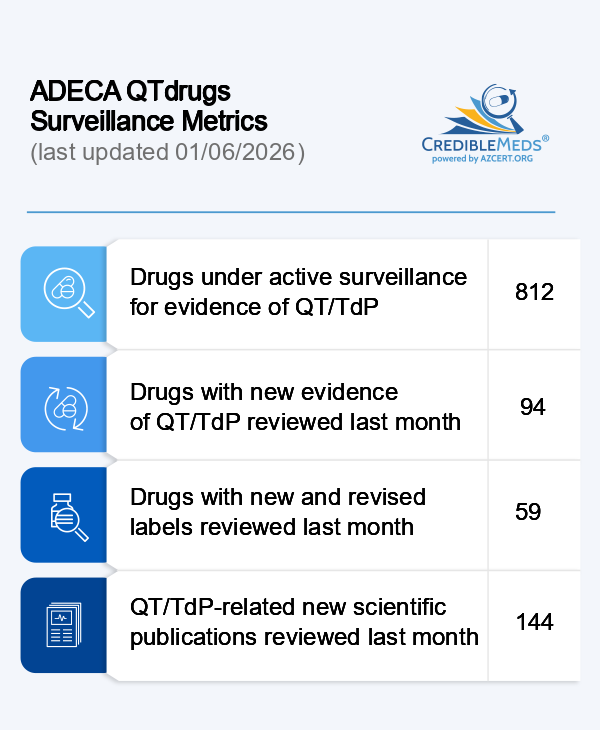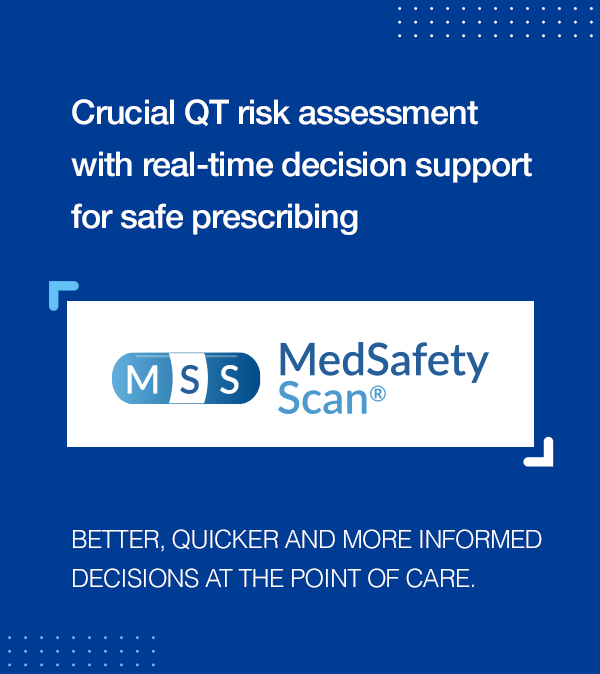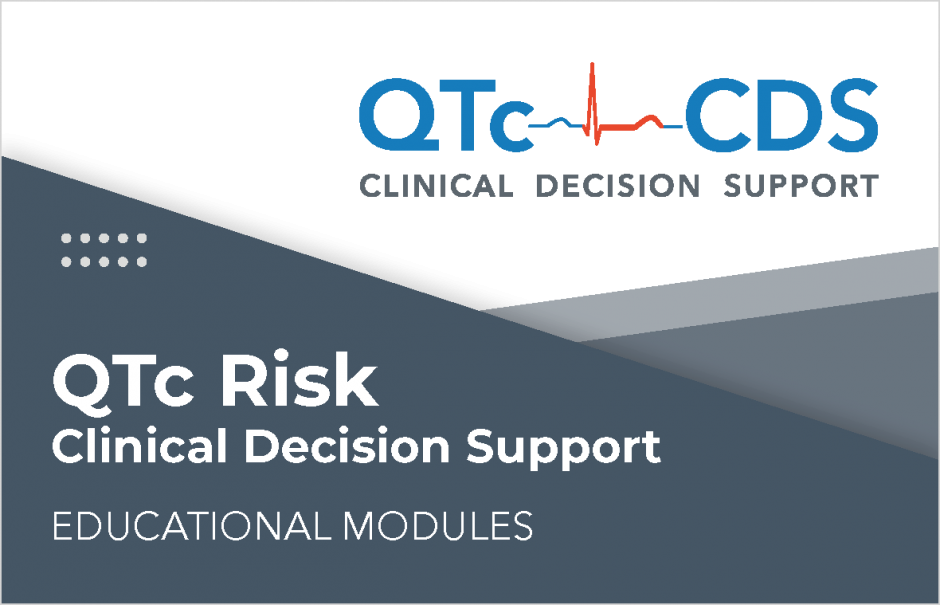AZCERT is proud to announce its participation in a multi-stakeholder collaboration with scientists from the University of Arizona, University of Utah, Purdue University and Banner Health to develop and disseminate a clinical decision support program designed to assist the safe use of QT prolonging drugs. This work has been funded by grants from the Agency for Healthcare Research and Quality (AHRQ) and the US Food and Drug Administration (FDA).
One product of our AHRQ-funded work is a series of four education modules for healthcare professionals that is now available on the CredibleMeds website. The free educational program, “QTc Risk - Clinical Decision Support: A Primer For Healthcare Providers,” provides a valuable review of 1) how drugs affect the heart to induce TdP, 2) the clinical risk factors that determine a patient’s risk, 3) the categories of medications that have a risk of TdP and 4) how a clinical decision support program can identify a high risk population and mitigate the risk of prolonged QTc.
Following each module in the series, a short quiz is provided to test and reinforce the participant’s knowledge of the presented information. To learn more about this educational program, please visit: https://qtccds.crediblemeds.org
For over 20 years, AZCERT has developed educational and research programs providing resources for medical professionals, researchers and consumers, with a special focus on alerting medical professionals to the more than 200 medications that prolong the QT interval on the patient’s electrocardiogram and thereby increase the person’s risk of torsades de pointes (TdP), a heart arrhythmia that can result in sudden cardiac death.











